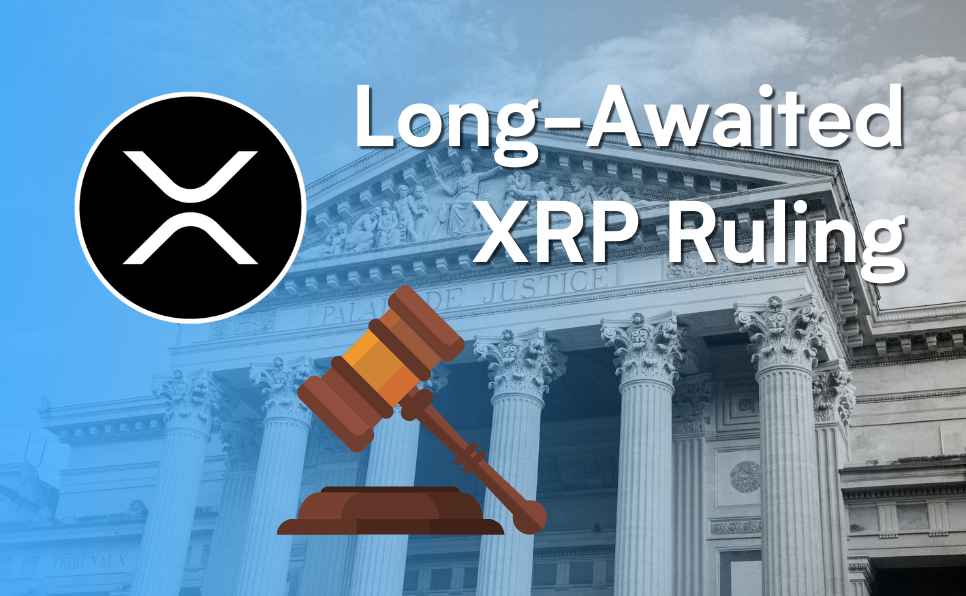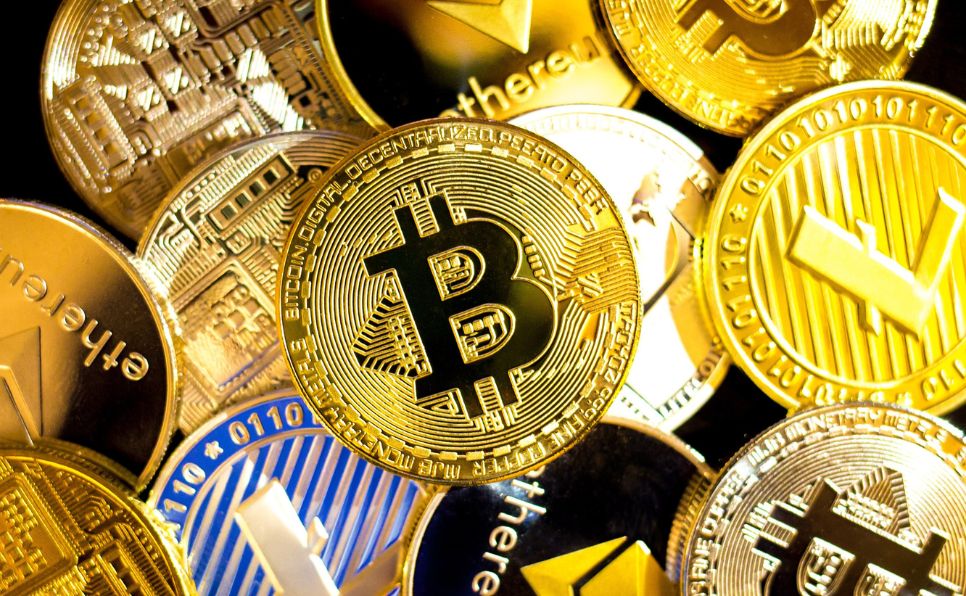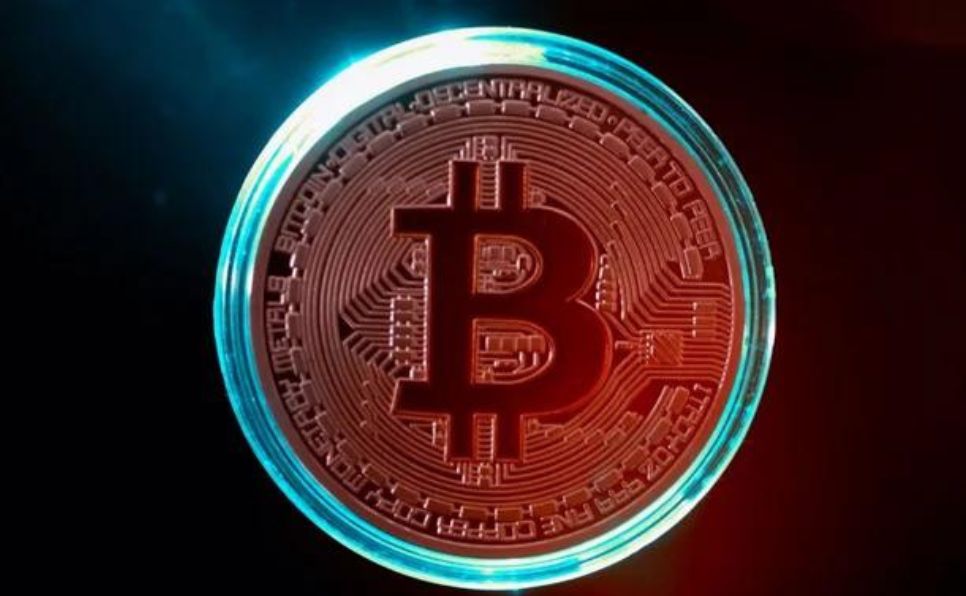Welcome to This Week in Crypto, where we bring you the latest updates and developments from the world of cryptocurrencies and blockchain technology. In this edition, we delve into three notable stories making headlines. First, we explore the recent legal victory for Ripple Labs, marking a significant milestone for the company. Next, we dive into Polygon’s ambitious upgrade proposal, which aims to introduce the POL token and enhance its ecosystem with improved scalability and support. Lastly, we discuss Google’s exciting move to permit and regulate blockchain games and apps on its Google Play Store. Join us as we unpack these stories shaping the crypto landscape!
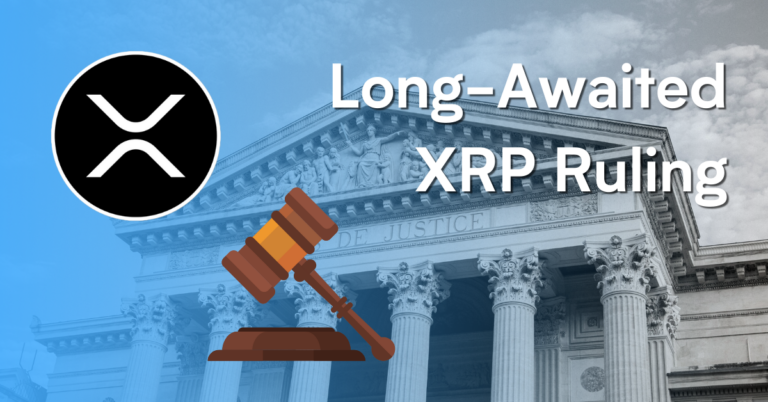
XRP Price Surges as Court Rules Ripple's Token Not a Security on Exchanges
Ripple Labs has achieved a partial victory in a case brought against it by the Securities and Exchange Commission (SEC) in 2020. In the ruling by Judge Analisa Torres of the United States District Court in the Southern District of New York on July 13, it was determined that Ripple’s XRP token is not a security when sold on digital asset exchanges. However, the judge ruled that XRP qualifies as a security when sold to institutional investors, meeting the conditions set by the Howey Test.
The SEC’s lawsuit aimed to halt Ripple’s offering of XRP, alleging that the token was an unregistered security and required additional regulation. Following the news of the court’s ruling, the price of XRP surged from $0.45 to $0.61, a rise of over 25%.
The case against Ripple has been ongoing since December 2020 when the SEC sued the company and its executives, Brad Garlinghouse and Chris Larsen, for allegedly offering an unregistered security. The lawsuit has seen various dramatic developments, including the release of the “Hinman Documents” and Garlinghouse’s persistent defiance against the SEC’s accusations.
The crypto community has responded with elation to the court’s ruling, reflecting the positive sentiment following the decision.
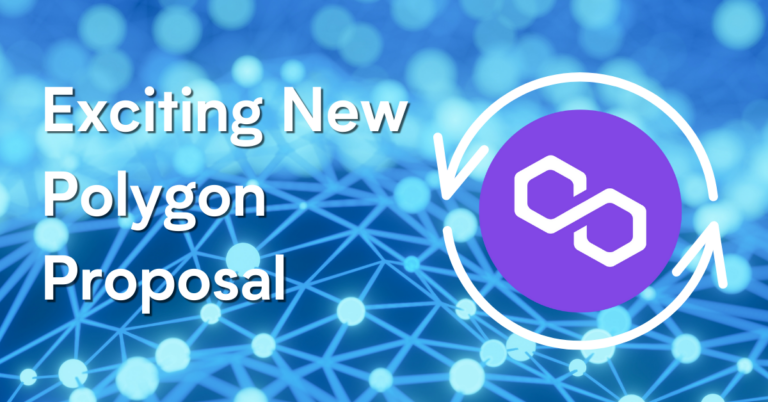
Polygon Unveils Proposal for Upgrading MATIC Token to POL, a Hyperproductive Third-Generation Native Asset
Polygon Labs has unveiled a technical proposal to upgrade its MATIC token to POL, positioning it as a hyperproductive third-generation native asset, according to a blog post on July 13. As outlined in its whitepaper, POL will serve as the native token for the Polygon ecosystem, playing a vital role in coordinating and incentivizing the entire ecosystem. The proposed token upgrade includes an initial supply of 10 billion tokens dedicated to the migration of MATIC to POL, with a yearly emission rate of 2% for validator incentives and the community treasury.
In a 10-year growth scenario, the Polygon network predicts that POL’s price could average $5, envisioning the possibility of up to 25 public chains and over 3000 supernets if the ecosystem is widely adopted. Under the upgrade, POL holders will have the opportunity to serve as validators for multiple chains, offering different roles and corresponding rewards on each chain. MATIC holders will be able to exchange their holdings for POL at a 1:1 ratio over an extended period. It is emphasized that MATIC and POL cannot coexist, with POL replacing MATIC entirely.
The proposed token upgrade aims to enhance the Polygon ecosystem, boosting security, scalability, and support. It also seeks to address the friction often associated with traditional blockchain protocols, which require users and developers to hold, stake, or consume native tokens to access the network’s functionalities.
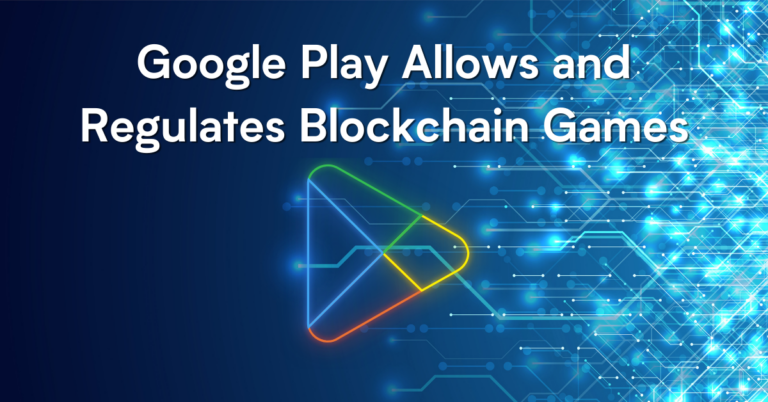
Google Unveils New Policies Allowing and Regulating Blockchain Games and Apps on Google Play Store
Google has announced new policies for its Google Play Store that permit and regulate blockchain games and apps. The policies, set to be fully rolled out by the end of the year, require transparency from developers regarding tokenized digital assets in their games. Developers will need to disclose if their game is a blockchain game on the content page, and if in-app products have corresponding non-fungible tokens (NFTs), that information must be made clear to users. While Google allows in-game NFTs, they cannot be used for wagering, and sweepstakes are prohibited. The policies aim to enhance user experience while preventing the promotion of crypto trading activities. Google will gradually implement the changes, partnering with select developers to refine the user experience.
This move by Google highlights a contrast with Apple’s App Store, which has historically taken a more restrictive approach to NFTs and cryptocurrencies. While developers can use NFTs within iOS games and apps, Apple still takes its standard 30% commission. Notably, Google’s policies show a more open approach towards blockchain gaming and provide developers with the opportunity to integrate NFTs and other crypto-related features within their Android games and apps.
